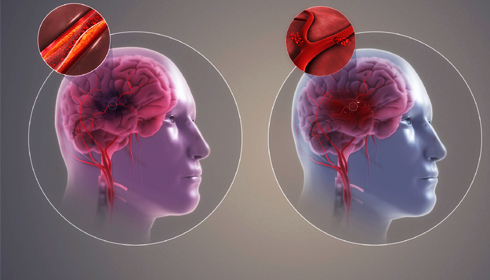
Study Links Antihypertensive Treatments to Post-stroke Epilepsy Risk
The type of antihypertensive treatment prescribed to patients with hypertension and ischemic stroke may influence their risk of developing poststroke epilepsy (PSE), according to research presented at the American Epilepsy Society's annual meeting, held from December 6 to 10.
The study, led by Giacomo Evangelista, M.D., Ph.D., and Fedele Dono, M.D., from the "G. d'Annunzio" University of Chieti-Pescara in Italy, analyzed data from 528 patients diagnosed with hypertension and ischemic stroke. Over a follow-up period averaging 66 months, 7.2 percent (38 patients) developed PSE.
The findings revealed that certain factors, including anterior cerebral artery involvement and cortico-sottocortical lesions, significantly increased the risk of PSE. However, the type of antihypertensive treatment played a critical role in modulating this risk. Patients treated with angiotensin receptor blockers showed a reduced likelihood of developing PSE, whereas those on calcium channel blockers and beta-blockers faced a higher incidence. Interestingly, no significant differences were observed with the use of angiotensin-converting enzyme inhibitors.
“These findings highlight the importance of personalized medicine, particularly in managing blood pressure in stroke patients,” said Dr. Dono. He emphasized the need for further research involving larger patient cohorts to validate these findings and delve deeper into the mechanisms at play.
This study underscores the potential of tailoring antihypertensive therapy to not only manage blood pressure but also mitigate the risk of poststroke complications such as epilepsy. As precision medicine continues to gain prominence, insights like these pave the way for more effective and patient-centric approaches in stroke management.